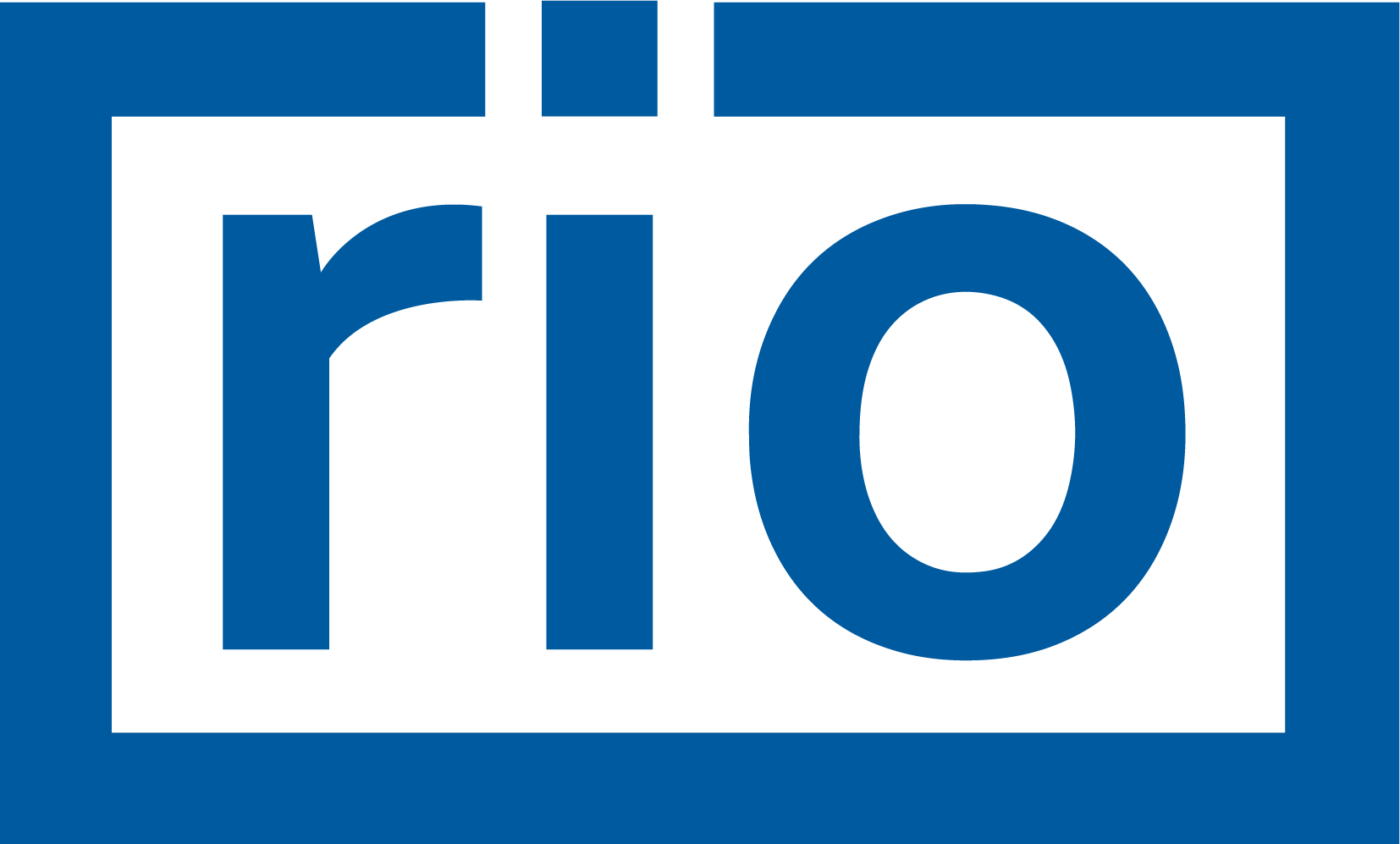History of RIO

History of RIO
The Indian Ocean has played a crucial role in the development of human civilization, serving as a hub for some of the world’s earliest cultures. The Euphrates-Tigris, Nile, and Indus Valley Civilizations flourished within its region, each developing unique writing systems, religions, and state structures.
Recognizing the Indian Ocean’s historical and strategic significance, the Research Centre Indian Ocean (RIO) was established at GUtech, the German University of Technology in Oman. Founded by the late Prof. Michael Jansen, RIO is managed by a dedicated Task Force of international scholars from institutions such as GUtech, RWTH Aachen, UNESCO, and the Fraunhofer Institute. The Centre also includes the German Research Center Mohenjo-Daro and its Archive, continuing research initiated by RWTH Aachen University, and the Aachen Center for Documentation and Conservation (ACDC) in collaboration with UNESCO.
Oman has historically served as a critical link between Mesopotamia, the Indus Valley, Afghanistan, and Central Asia, facilitating trade routes that connected these regions as early as the fourth millennium BCE. Omani sailors were pioneers in establishing maritime trade with China via the Strait of Malacca and played a vital role in regional trade during the European colonial period, particularly in Zanzibar and West Africa. Today, Oman’s strategic location continues to position it as a key player in Indian Ocean research and development.
RIO aims to serve as a scientific hub for the Indian Ocean region, focusing on five core research areas:
Heritage
Natural Sciences
Humanities
Anthropology
Economics
As part of an interdisciplinary research platform, RIO collaborates with:
- Institute for Muslim Civilizations (Aga Khan University, London)
- CIVIS (Centre for Indus Valley International Studies, University of Jamshoro, Pakistan)
- History of Science Center (HSC)
- Oman Hydrogen Centre (OHC)
- Building Technologies and Standardization Centre (BTSC)
A key objective of RIO is to facilitate communication and gather strategic data for the Indian Ocean region, which is home to over 50% of the world’s population. RIO’s research contributes to a deeper understanding of historical developments and contemporary regional policy-making.
